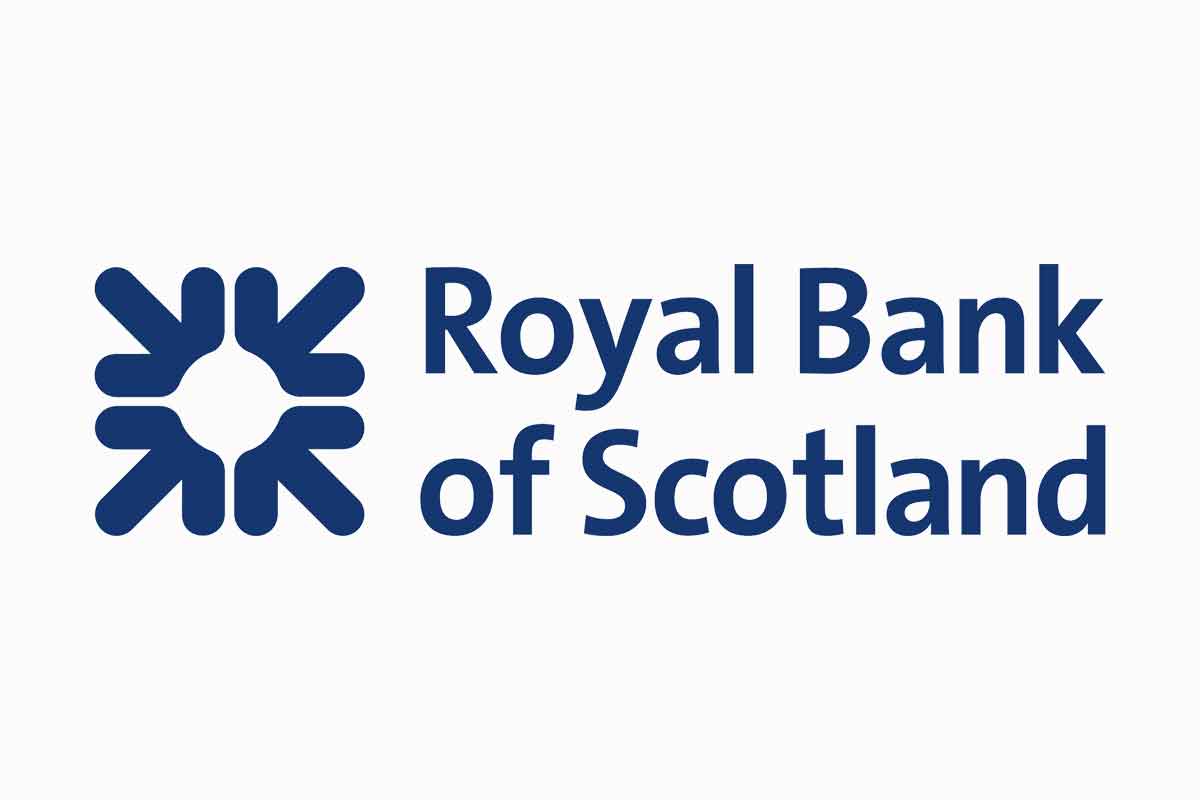In recent years, the financial landscape has witnessed significant changes, and one such change has been the evolution of bridging loans offered by various lenders. Among these lenders, the Royal Bank of Scotland (RBS) was once a prominent provider of bridging loans.
However, it is important for the UK business audience to note that RBS no longer offers bridging loans. In this article, we will delve into the former offerings of RBS bridging loans and explore alternative options available in the current market.
Featured pro tools
Understanding RBS bridging loans (Former offerings)
RBS bridging loans were designed to provide short-term financial solutions for individuals or businesses looking to bridge gaps in financing, such as purchasing a new property before selling an existing one, or funding urgent renovation projects.
Historically, RBS offered flexible borrowing options with competitive interest rates and customisable repayment terms.
The bank’s bridging loans typically featured:
- Quick processing: RBS aimed to provide swift funding solutions, minimising waiting times and allowing borrowers to seize time-sensitive opportunities.
- Loan amounts: Borrowers could access substantial loan amounts depending on the property value and individual circumstances. RBS took into account various factors such as income, property value, and creditworthiness.
- Flexible repayment Options: RBS offered tailored repayment plans to suit the specific needs of borrowers, ensuring manageable payments during the loan term.
- Open to individuals and businesses: RBS bridging loans were available to both individuals and businesses, catering to a wide range of borrowing requirements.
Current alternatives to RBS bridging loans
While RBS no longer provides bridging loans, the UK market remains filled with alternative options for businesses in need of short-term financing. Here are some popular alternatives worth considering:
Specialist bridging loan providers
Numerous specialist lenders have emerged, focusing solely on bridging finance. These lenders offer a diverse range of products with varying terms and conditions, allowing borrowers to find a suitable solution for their unique circumstances. Examples include Octopus Property, Together, and Precise Mortgages.
High street banks
Many high street banks now offer their own bridging loan products, competing to fill the gap left by RBS. Banks such as Barclays, NatWest, and Lloyds have expanded their lending portfolios to include bridging loans, providing options for businesses seeking financial flexibility.
Peer-to-Peer lending
Peer-to-peer (P2P) lending platforms have gained popularity in recent years. These platforms connect borrowers directly with investors, providing an alternative source of funding. Companies like Funding Circle, LendingCrowd, and ThinCats facilitate P2P lending, offering competitive rates and streamlined processes.
Challenger banks
The emergence of challenger banks has introduced increased competition in the lending market. These innovative institutions, such as Metro Bank and Starling Bank, often offer more agile and customer-centric approaches to lending.
While not all challenger banks provide bridging loans, it is worth exploring their offerings as they may offer other flexible financing options.
Conclusion
Although RBS no longer provides bridging loans, there is a multitude of alternative options available to businesses in the UK.
Specialist lenders, high street banks, peer-to-peer platforms, and challenger banks have stepped in to meet the demand for short-term financing.
As with any financial decision, it is crucial for businesses to conduct thorough research, comparing interest rates, terms, and repayment options before selecting the most suitable alternative to RBS bridging loans.
With careful consideration and expert advice, businesses can secure the funding they need to bridge financial gaps and seize opportunities in today’s dynamic market.
RBS bridging loans FAQ
RBS made a strategic decision to withdraw from the bridging loan market as part of its broader business restructuring efforts. The bank has shifted its focus to other areas of lending and financial services.
No, RBS no longer accepts applications for bridging loans. However, they may be able to assist you with other types of financing or refer you to alternative lenders.
Yes, the alternative options available in the market are reputable and well-regulated. Specialist lenders, high street banks, peer-to-peer lending platforms, and challenger banks all have established lending practices and stringent lending criteria. It is important to conduct thorough due diligence and select a lender that aligns with your specific needs and financial circumstances.
Interest rates and terms can vary among lenders and depend on factors such as loan amount, loan-to-value ratio, and borrower’s creditworthiness. While some lenders may offer competitive rates, it is essential to compare multiple options to ensure you secure the most favourable terms for your situation.
The time frame for obtaining a bridging loan can vary depending on the lender and the complexity of your application. Some lenders specialise in fast processing and can provide funding within a few days, while others may take longer. It is advisable to discuss the expected turnaround time with your chosen lender.
Absolutely. Businesses and individuals can still access bridging loans through alternative lenders, including specialist bridging loan providers, high street banks, peer-to-peer lending platforms, and challenger banks. These lenders offer a wide range of bridging loan options to cater to various borrowing needs.
Yes, besides bridging loans, businesses can explore other financing options such as commercial mortgages, business loans, asset-based lending, invoice financing, and crowdfunding. Each option has its own advantages and considerations, so it’s important to assess your specific requirements before choosing the most suitable solution.
Consulting with a qualified financial advisor is recommended before taking on any significant financial commitment. A financial advisor can provide personalised guidance based on your specific circumstances, help you navigate the available options, and ensure you make an informed decision.
Note: The information provided in this article and the FAQ section is for general guidance purposes only. It is advisable to seek professional advice and conduct thorough research before making any financial decisions.

